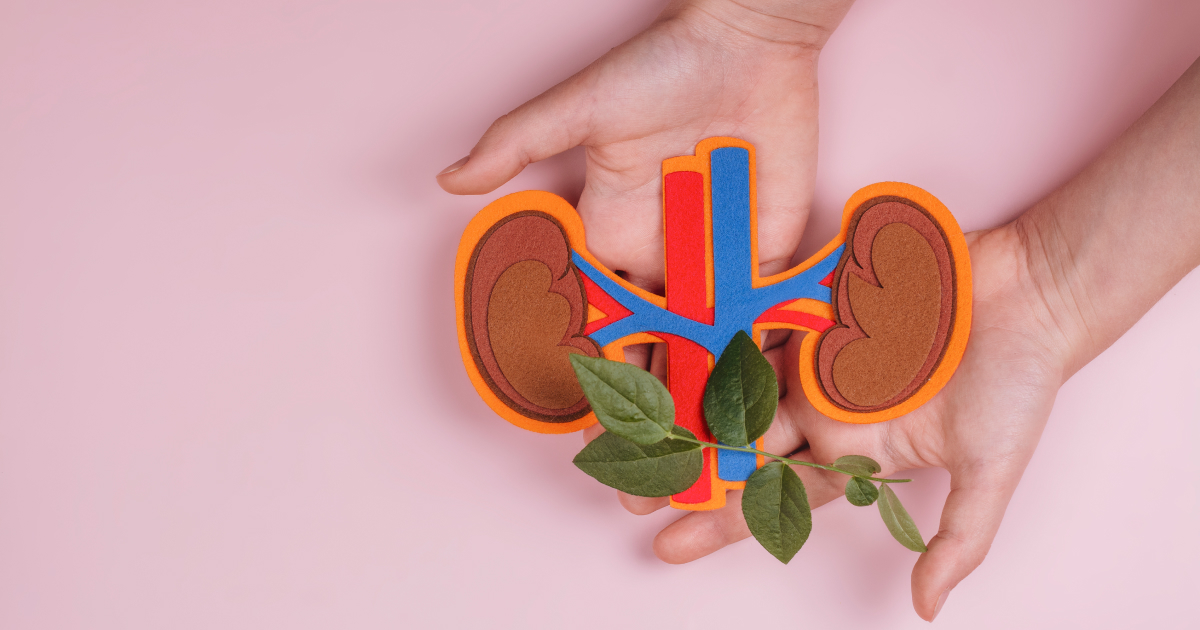
Medical Management of CRF
Treatment Options: CKD can be managed through medical treatment, dialysis, or kidney transplant. Initially, all CKD patients are treated with medical management involving medications, dietary advice, and monitoring. Severe cases (End-Stage Kidney Disease, ESKD) may require dialysis or a transplant.
Importance of Medical Management: Medical management is crucial because there is no cure for CKD. Advanced CKD requires expensive dialysis or transplantation, which is not accessible to all patients in India. Early detection and conservative management can delay or avoid the need for these interventions. Effective early treatment can help patients remain asymptomatic and prevent rapid deterioration.
Goals of Medical Management:
- Slow disease progression
- Treat underlying causes and complications
- Relieve symptoms
- Reduce cardiovascular risk
- Delay the need for dialysis or transplant
Treatment Strategies by Stage:
- All Stages: Regular monitoring and lifestyle changes.
- Stage 1: Diagnose and treat to slow progression; manage comorbid conditions.
- Stage 2: Assess progression; continue managing comorbidities.
- Stage 3: Treat complications; refer to a nephrologist.
- Stage 4: Educate on replacement options; prepare for therapy.
- Stage 5: Dialysis or transplant.
Nine Steps for Medical Management:
- Manage Primary Causes: Address diabetes, hypertension, infections, and other conditions.
- Slow Progression: Control blood pressure, limit protein intake, and manage lipids and anaemia.
- Supportive Care: Use diuretics, manage symptoms, and correct bone disease.
- Address Reversible Factors: Treat volume depletion, drug effects, infections, and heart failure.
- Manage Complications: Monitor and treat fluid overload, high potassium, and other issues.
- Lifestyle Changes: Stop smoking, maintain weight, exercise, limit alcohol, and follow dietary restrictions.
- Dietary Restrictions: Limit salt, fluid, potassium, and protein based on severity.
- Prepare for Replacement Therapy: Protect veins, consider early transplantation, and get vaccinations.
- Referral to Nephrologist: Early referral to manage CKD effectively.
Blood Pressure Control: Strict control of blood pressure (target <130/80 mmHg) is essential to delay CKD progression. Common medications include ACE inhibitors, ARBs, and diuretics. Regular monitoring at home and periodic doctor visits are recommended.
Anaemia in CKD: Anaemia occurs due to reduced erythropoietin production. It is treated with iron supplements, vitamins, erythropoietin injections, and occasionally blood transfusions in emergencies.
Dialysis: Dialysis is used when kidney function drops to 15-20% of normal. It cannot cure CKD but helps manage symptoms by removing waste products, and excess fluids, and balancing electrolytes. Types include:
- Haemodialysis: Uses a machine to filter blood.
- Peritoneal Dialysis: Infuses dialysis solution into the abdominal cavity at home.
Dietary Restrictions for Dialysis Patients: Dialysis patients need to restrict sodium, potassium, phosphorus, and fluid intake. Dietary restrictions may be adjusted based on the dialysis schedule and patient needs.


